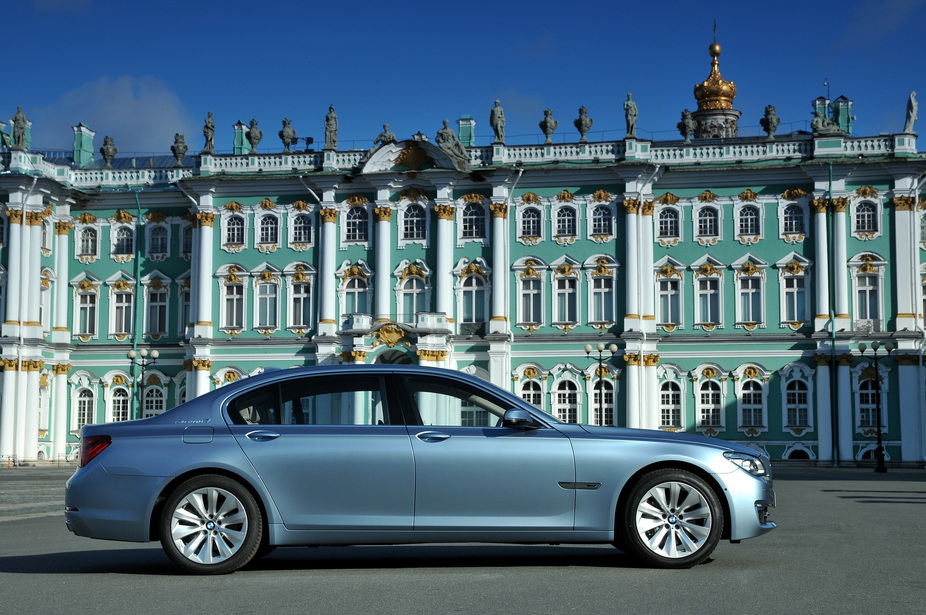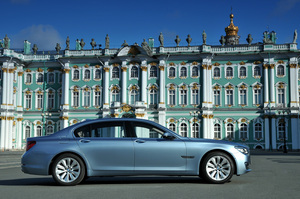|
Send this page to a friend! Fill in the form bellow | ||
Safety and Technology
German Automakers Successful in Delaying Lower EU Emissions
EU Parliament members hope to have a new plan in a few weeks, but it could be until 2015
The German automakers have gotten want they wanted, and the EU has dropped plans to make average EU car emissions 95g/km of CO2 in 2020. A new plan has not been agreed to yet, but it will be formed in the coming weeks, according to EU ministers.
The German automakers have been fighting against the lower average CO2 emissions for months and were recently able to get the French auto industry to back its criticism of the plan. Their main objection is that the 95g/km of CO2 limit would cost jobs due to the lower sales of premium, large sedans. Eventually, the UK and Poland also supported Germany’s plan.
The Germans’ alternative is that by 2020 80% of European cars should produce 95g/km of CO2 and by 2024 all cars would have to reach that point. That gives BMW BMWGermany, 1918 > present87 models
BMWGermany, 1918 > present87 models
8471 photos
43 videos
, Mercedes-Benz Mercedes-BenzGermany, 1924 > present197 models
Mercedes-BenzGermany, 1924 > present197 models
9852 photos
33 videos
and Volkswagen Group’s VolkswagenGermany, 1938 > present98 models
VolkswagenGermany, 1938 > present98 models
9654 photos
31 videos
luxury brands a decade to develop cleaner luxury sedans, while still forcing most of their cars to have lower emissions.
"It was made clear from all sides that we want an ambitious climate-protection goal and, at the same time, it was made clear that in some places more flexibility must be sought and can be found," said German Environment Minister Peter Altmaier.
Critics to the German plan site a study from UK firm Cambridge Econometrics that the EU would have saved €70 billion in oil per year under the original plan. Germany alone would have saved €9 billion a year.
"It's an unacceptable price, which will be paid by every European driver in higher fuel bills, by the planet that will warm quicker and potentially by Europe's auto sector that will be less competitive," said Greg Archer, a member of the EU environmental lobbying group Transport & Environment.
The blocking of the 2020 emissions rule may have broader implications as well. European Parliament elections are next year, and if the new plan is not ratified in time, it could be delayed until 2015.
Source: Automotive News Europe
- More "Safety and Technology" articles
- Mercedes Says Autonomous Tech Will be Ready for 2020
- Chevrolet Getting In-Car 4G LTE and Downloadable Apps
- Laser light technology arriving in 2014
Contribute
latest articles



popular articles








